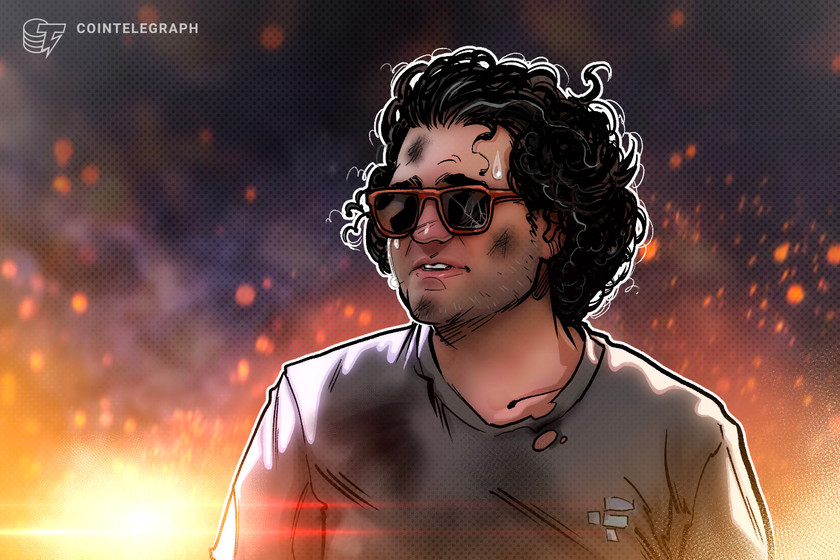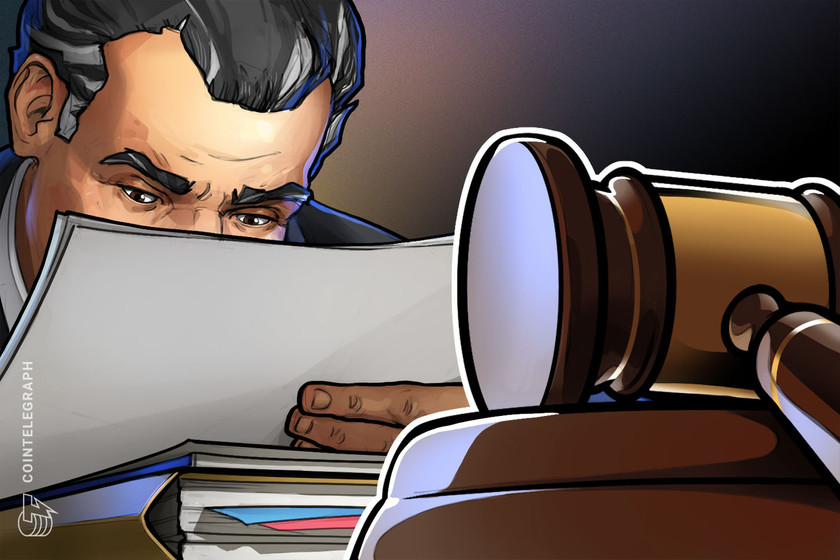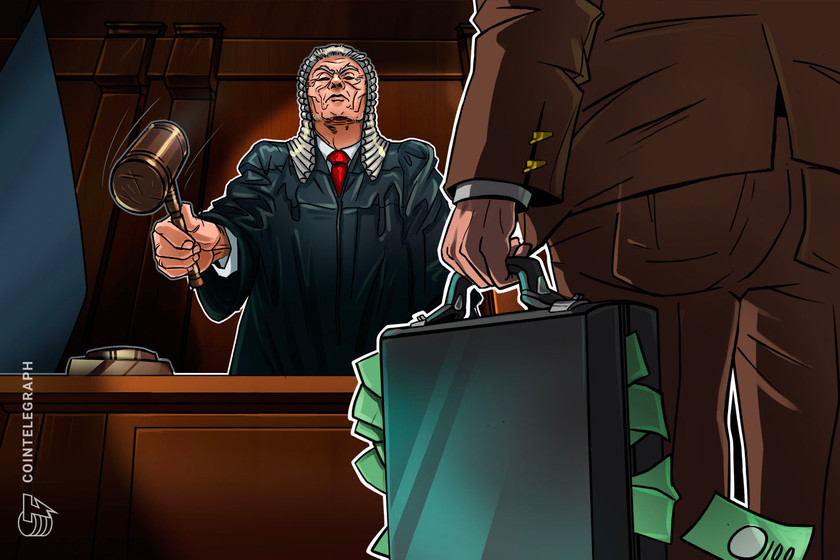FTX’s Bankman-Fried could ‘conceivably’ get bail revoked, says judge



A federal judge said there was “probable cause” to believe that SBF engaged in activities that could land him in jail.
Former FTX CEO Sam Bankman-Fried could “conceivably” have his bail revoked after a federal judge said there was “probable cause” to believe he may have engaged in attempted witness tampering.
In the Feb. 16 hearing on Bankman-Fried’s bail conditions, Judge Lewis Kaplan said there was “probable cause to believe that he [Bankman-Fried] has committed or attempted to commit a federal felony while on release, namely witness tampering” according to multiple reports.
Kaplan suggested that this could “conceivably” see the FTX founder sent back to jail until his trial date in October.
Kaplan noted however that the Feb. 16 hearing was not a bail revocation hearing, but added that it “could get there, conceivably.”
“Why am I being asked to turn him loose in this garden of electronic devices?” Kaplan reportedly said.
Law Professor Richard Painter echoed the sentiment in a Feb. 17 tweet, suggesting that witness tampering might not be a good idea given his current circumstances:
“Hey Crypto Bro: Witness tampering while out on bail is a great way to go right back to jail.”
On Feb. 15, prosecutors asked Judge Kaplan to further restrict Bankman-Fried’s device usage to a single monitored computer and cellphone in a letter.
Prosecutors had pointed to Bankman-Fried’s recent device usage as cause for concern, seeking to further restrict and monitor his usage “with limited exceptions.”
During the hearing, Judge Kaplan suggested that it was naive to believe that these restrictions would stop him from using the internet, given that Bankman-Fried is living with his two parents, who both have laptops and cellphones.
Prosecutor Nicholas Roos seemingly agreed, suggesting there may not be a “great solution,” which prompted Kaplan to imply that revoking Bankman-Fried’s bail could eliminate these risks, noting:
“There is a solution, but it’s not one anybody has proposed yet.”
Bankman-Fried’s lawyers however argued that they need him to be able to work on his defense, claiming: “We cannot go through these extensive financial records without him.”
Related: Judge allows release of identities of guarantors behind Sam Bankman-Fried’s bail
The former FTX CEO has been prohibited from using certain messaging apps as of Feb. 9 after he was found to have contacted potential witnesses. He was also temporarily banned from using a VPN after prosecutors accused him of using it on two occasions on Jan. 29 and Feb. 12.
The VPN ban was not extended in the Feb. 16 hearing.
Many from the crypto community have expressed disbelief that Bankman-Fried is yet to have his bail revoked under the circumstances.
Yes, why? What exactly does @SBF_FTX have on the prosecution that they’re not demanding his bail be immediately revoked? Or do they think he can take down @binance if he flips? Is he waving that at them? Because none of this makes sense otherwise. https://t.co/l66Qls0d46
— Alex Berenson (@AlexBerenson) February 16, 2023











